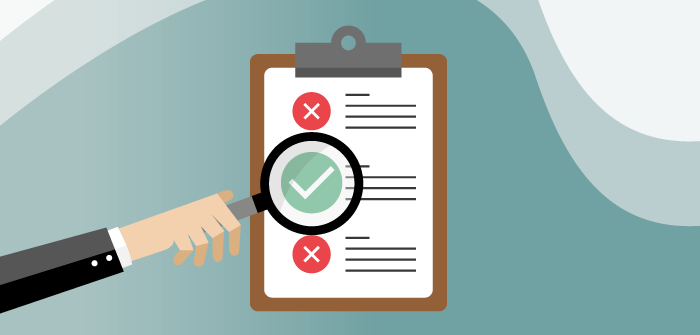The Insurance Market

This section briefly describes how the Spanish insurance market works.
Insurance Market Environment
At present and within the reference framework of developed countries, the insurance market operates in a free market environment, regulated by state or transnational laws, as is the case in the European Union countries.
A market is the public trade of buying and selling products and services and, as such, the insurance market is a free market, governed by the laws of supply and demand, where sellers and buyers act freely within the regulatory framework, but supervised by public bodies.
Characteristics of insurance companies
There are several types of insurance companies depending on their legal constitution: public limited companies, mutual insurance companies, cooperatives, and mutual benefit societies. These are the types of companies legally recognized in Spain to carry out insurance activities. However, they all share the essential characteristics in terms of selling insurance.
Insurance companies can operate in one or more business lines (accident, automobile, fire, civil liability, etc.), but always with the necessary authorization from the regulatory body.
The classification by business lines is fundamental for ordering the risks, separating them into groups with common characteristics to ensure that their processing and valuation are appropriate. To achieve greater precision, these lines of business are usually subdivided into categories that group together related risks.
To ensure the proper functioning of the activity, the State regulates other characteristics of insurance companies, such as: their economic dimension, the exclusivity of their activity, their financial guarantees and solvency, the specialized training of their employees, etc.; at the same time, it also controls, monitors and audits, in particular, the functioning of insurance companies.






